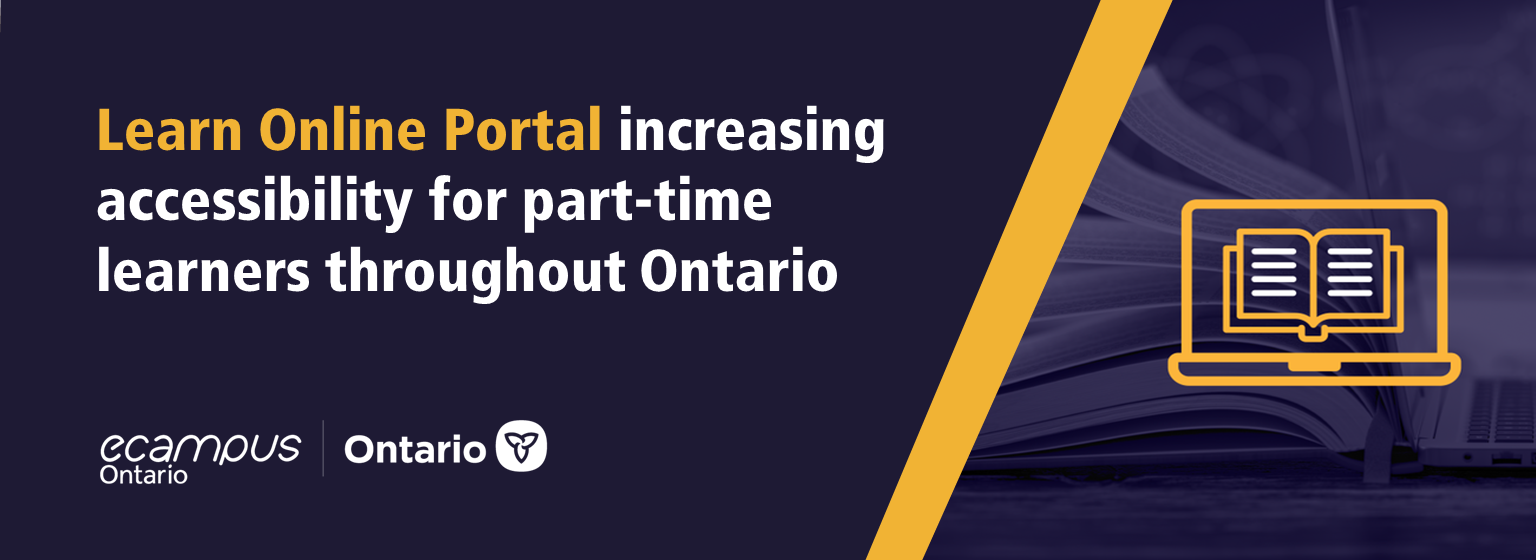
Open Education: Redefining “Opening your Textbook”
Overview
The need: To increase the range of affordable and engaging texts for Canadian post-secondary students.
The solution: The Open Access textbook system.
The benefit: The significant reduction of student textbook costs and increased opportunity for faculty to revise and remix materials by adapting and modifying open texts to a localized context.
Background
The rapidly rising costs of university and college textbooks have long been a thorn in the side of Canadian students financing a post-secondary education. A full-time university undergraduate student can expect to pay an average of $16,000 per year, encompassing tuition, living expenses, and of course, textbooks.
Post-secondary institutions, faculty and textbook publishers across Canada are continuously making strides to lower the textbook costs Canadian students face at the beginning of each new semester. From increasing the availability of used texts at campus bookstores, to increasing the availability of digitally formatted texts, actions are being taken to decrease a student’s bottom line at the bookstore checkout.
Colleges and universities in British Columbia, with the support of BCcampus, and one particular university in Ontario are taking textbook affordability one step further by redefining the concept of “opening a textbook” in their classrooms. An open textbook is made freely available using an open access license, such as a Creative Commons license, meaning it is made available freely online to be utilized by students and faculty at no cost. The open textbook model not only provides a significant reduction in the cost of resources needed for post-secondary education; it also gives faculty the opportunity to creatively adapt the texts they are selecting to meet the needs of their local contexts and audiences, and to effectively target learning to the desired outcomes of the course.
In Practice
While the notion of open textbooks has proliferated throughout British Columbia’s post-secondary education system for a few years, one professor is leading the charge on open textbook adoption here in Ontario. Professor Nick Baker, director of the Office of Open Learning at the University of Windsor and a member of the steering committee of the Ontario Universities’ Council on eLearning (OUCeL) has been a long-standing advocate for increasing the accessibility of the education system, often through the integration of new learning technologies and eLearning that opens up different educational possibilities.
As Professor Baker puts it, as an advocate for expanding the classroom beyond traditional borders it is important to “walk the walk” in the adoption of an open textbook that increased accessibility and opened barriers within his online “Science, Technology and Society” classroom.
Previous iterations of the course had used a textbook priced at $150, but when Professor Baker took over the course, he sought out an open access alternative and found Sustainability: A Comprehensive Foundation. With up to 180 students enrolling in the class, adopting an open text could save students up to $27,000.
“The text I opted for has a strong sustainability lens, whereas the course itself has a broader context,” says Professor Baker.
“One of the neat things I’m able to do with open access resources though is to include chapters from other open access books, and other OERs, to provide a more holistic set of resources that align more closely with the course focus. In effect, adopting open pedagogies allows me as a faculty member to really express my academic freedom and tailor the learning resources to the needs of my students, which is a win-win for all,” says Professor Baker.
Adopting open educational resources as the basis for a course allows faculty like Professor Baker to seamlessly incorporate additional resources into the learning package. This can enhance the local focus and scope of the learning resources, or supplement them with information more relevant to the course learning outcomes.
Ultimately, open textbooks are helping to transform the post-secondary education system into one that is more accessible and relevant to today’s students. The concept of “open” not only signals a significant shift in the associated costs of achieving a post-secondary credential, but also a shift in the flexibility and customization of course content that faculty and instructors are able to afford their students.
Professor Baker’s revamped course ran for the first time in the summer of 2017, and he plans to further customize the text to increase its localized relevance to his students, and to provide a stronger Canadian focus with examples.
“At the end of the day, we need to be focusing on creating the best possible learning environment and outcomes for our students. Adopting open access texts and other open educational resources is one way to ensure we keep students squarely in the center of our focus,” Baker said.
Professor Baker also plans to share his experience and that of his students with adopting and open text with his colleagues, who he hopes will see the benefits of using open educational resources wherever possible.
The University of Windsor has recently started to see some traction with open pedagogies, with six courses adopting open texts or replacing texts with OERs in 2017/18, and some faculty are even writing their own open texts to share.
Follow Nick Baker on Twitter at @nbaker.



